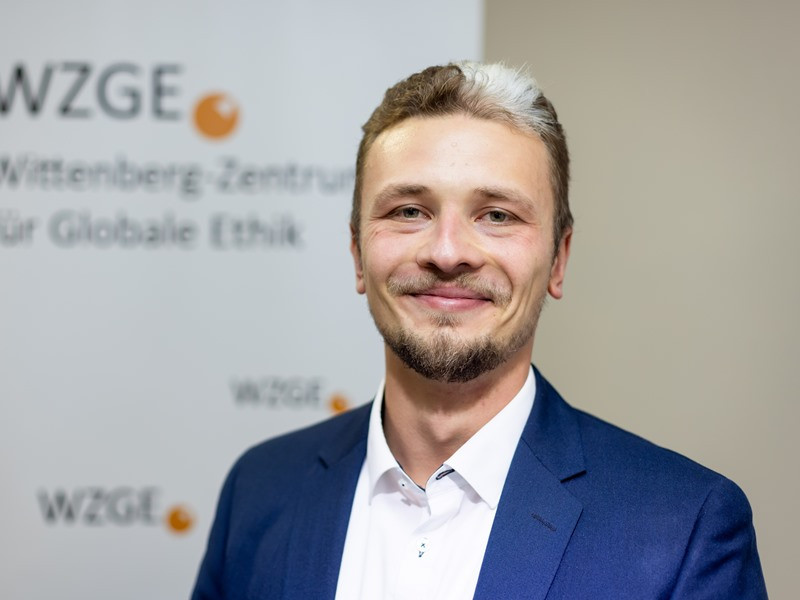
Title of Dissertation: Experimental Analysis of Various Trust Repair Methods and Their Dependance on Influence Factors in Human-Machine Interactions
Supervisor: Prof. Dr. Philipp Schreck
University: Martin-Luther-Universität Halle-Wittenberg
Scholarship: Scholarship by the sdw (Foundation of German Business)
Cohort: 8th Cohort, since 2021
Email:
[accordion activeIndex=""]
[item title="Short Abstract"]
Autonomous systems are entering human lives in form of various applications, such as self-driving cars, autonomous drones, personal home assistants, social robots for teaching and autonomous medical systems. Many of these new functions involve complex social interactions with humans, transforming the role of machines from being viewed as tools to being perceived as partners. As collaboration between humans and autonomous systems is increasingly characterized by social behavior, trust as one of the major components of human interaction is gaining attention in human-autonomy research. In this context, one common phenomenon in human relationships is trust betrayal, which occurs when one person violates the trust of another person. As faultless performance of autonomous systems is highly unlikely, errors by machines will occur and their negative impact on human trust should be examined. Consequently, appropriate measures to restrengthen the human-autonomy trust relationship should be considered and designed. Nevertheless, studies on the concept of trust repair, which is defined as actions aimed at restoring violated trust, are only emerging in the field of human-machine interaction. Previous trust repair research has mostly focused on human-human interactions. The applicability of its findings to interactions with technology must be confirmed experimentally, as several studies have identified differences between human-autonomy and human-human relationships concerning trust development and impact of trustworthiness. First results from human-autonomy trust repair have been published in recent years, indicating great potential for further scientific efforts. The current research proposal aims to contribute to this field, by examining the effectiveness of various trust repair methods of autonomous agents and their dependence from several influential factors, such as anthropomorphism of the agent and technological experience of the human participant. The chosen method is an approach combining experiments with surveys, thereby enabling the analysis of both, behavioral and attitudinal data.
[/item]
[item title="Research Interests"]
- Business Ethics
- Trust and Trust Repair
- Experimental and Behavioural Studies
- Human-Machine Interaction
- Artificial Intelligence
[/item]
[item title="Education"]
- 2018, Master of Science, Industrial Engineering and Management, Technical University Berlin, Germany
- 2014, Bachelor of Science, Industrial Engineering and Management, Technical University Berlin, Germany
[/item]
[item title="Professional and Academic Career"]
- 2019-2021, management consultant, Boston Consulting Group GmbH, Berlin, Germany
- 2014-2018, various internships in automotive, auditing and consulting, Berlin and Munich, Germany
[/item]
[item title="Publications"]
- N/A
[/item]
[item title="Conference Contributions: Talks"]
- N/A
[/item]
[item title="Conference Contributions: Posters"]
- N/A
[/item]
[item title="Memberships"]
- N/A
[/item]
[/accordion]

